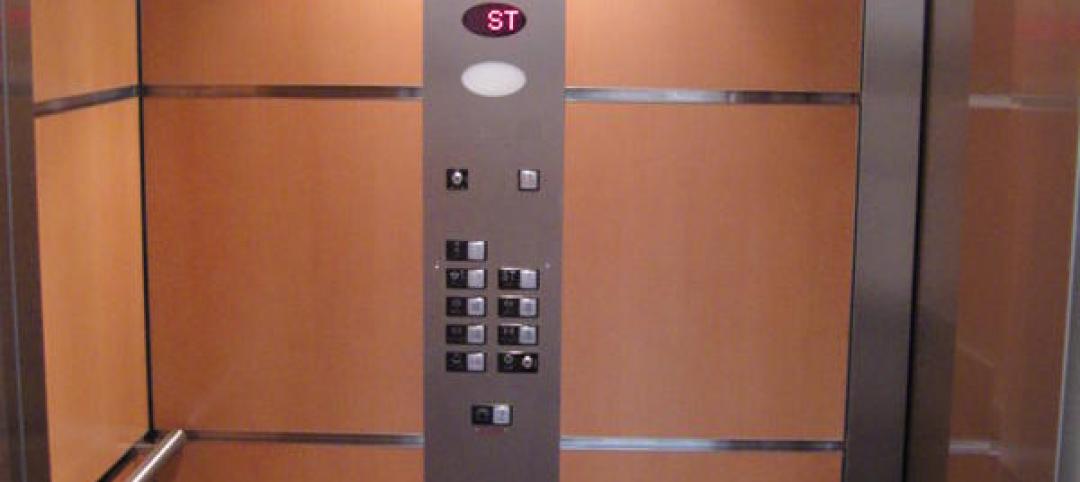Building codes should be updated to protect residents from the harmful health impacts of indoor cooking, according to a new report from the Environmental Law Institute (ELI).
Reducing Exposure to Cooking Pollutants: Policies and Practices to Improve Air Quality in Homes provides policymakers with information to help people in their communities protect themselves from being exposed to particulate matter, nitrogen dioxide, and other harmful pollutants inside their homes.
“Any type of cooking—from boiling water to frying food—will generate some amount of cooking pollution,” said ELI Staff Attorney Amy Reed, in a news release. “Fortunately, proper ventilation practices, which can remove those harmful cooking pollutants, are well established and readily available.”
Updated building codes should mandate kitchen ventilation in all new residential construction. Jurisdictions should establish minimum ventilation performance standards to ensure that exhaust systems can remove a sufficient share of the pollutants emitted during cooking immediately after they are emitted.
ELI also says policymakers should increase public awareness of both the health risks from cooking pollutants and the solutions that are available.
Related Stories
| May 3, 2012
Green-roof requirement now includes industrial facilities in Toronto
A mandate that requires installation of green roofs on new commercial and residential buildings in Toronto has been expanded to include industrial facilities.
| May 3, 2012
Innovative wastewater treatment helps achieve LEED rating
LEED for New Construction, Neighborhood Development and the LEED Volume Program offer some ways to achieve LEED points when dealing with wastewater treatment.
| Apr 26, 2012
Lack of bolts on steel support caused collapse at Cincinnati casino
Too few bolts connecting horizontal steel support beams with vertical steel columns was the cause of January’s construction accident at Horseshoe Casino Cincinnati, according to the report of the Occupational Safety and Health Administration.
| Apr 26, 2012
OSHA criticized for taking too long to roll out safety rules
The Occupational Safety and Health Administration takes far too long to adopt new safety regulations compared to other agencies’ development of rules, safety experts said during a Senate hearing.
| Apr 26, 2012
Contractors fear that GSA scandal will lead to fewer federal construction contracts
In the wake of the recent scandal at the General Services Administration in which workers spent lavishly at a Las Vegas conference, a spokesman for Associated General Contractors of America said contractors are worried the scandal will result in cuts to GSA's construction and renovation budgets.
| Apr 26, 2012
Developers can use LEED wastewater credits to help gain approvals in environmentally sensitive locales
Those wanting to pursue development in heavily regulated and environmentally sensitive areas are benefiting by designing projects that qualify for LEED points, even if the project as a whole does not achieve certification.
| Apr 26, 2012
New York City Council moves to license elevator mechanics
New York’s City Council introduced a measure last week that would require the city’s 7,000 elevator mechanics to meet national standards and be licensed by the city.
| Apr 23, 2012
AAMA releases updated specification for anodized aluminum
AAMA 611-12 describes test procedures and requirements for high performance (Class I) and commercial (Class II) architectural quality aluminum oxide coatings applied to aluminum extrusions and panels for architectural products.















